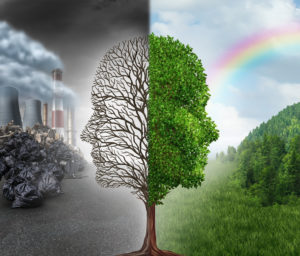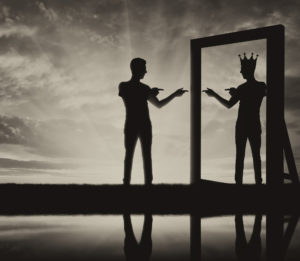
Which of the following coaching goals would you reckon leaders find most valuable working on? Becoming more strategic and impactful, inspiring their team, influencing diverse stakeholders, building executive presence, being empathetic, assertive or less stressed. While each of these comes up frequently, the one that leaders find particularly rewarding is becoming more emotionally secure.
Despite the success, many people in leadership roles feel insecure within. They experience the imposter syndrome – the feeling that they are not good enough for their role. Some are insecure about their educational or professional background, others about their lack of gravitas.
Many are anxious about how they measure up against their peers and the narrowing opportunities at the top of the pyramid. Some have a nagging concern about the risk of losing their reputation, others about staying relevant after retiring from a high-powered role.
Why does the insecurity prevail
Invariably, our insecurities are a symptom of a deeper unfulfilled emotional need to be accepted, respected or loved. This may be a part of our karmic imprint or a result of our childhood experiences. However, we grow up confusing security with success. Success can surely enhance our financial security. But while, success, status or power can dull the intensity of insecurity, they can’t heal the sense of incompleteness within us. I can relate to this as I have been there.
Irrespective of professional success, we can remain locked in our conditioned patterns of thinking. We chase societal expectations but lack an inner anchor of deeply knowing what matters most to us. Without such clarity, the only way to assess our progress is by external validation or by comparing ourselves to others. Neither of which can fundamentally make us feel whole.
Why they find this goal important
Leaders find addressing this area crucial to their professional effectiveness and personal happiness.
Feeling insecure about achieving their results makes them more directive and micro-manage their team. As a result, the team feels less empowered. They seek perfection in themselves and others and lose sense of strategic…




















